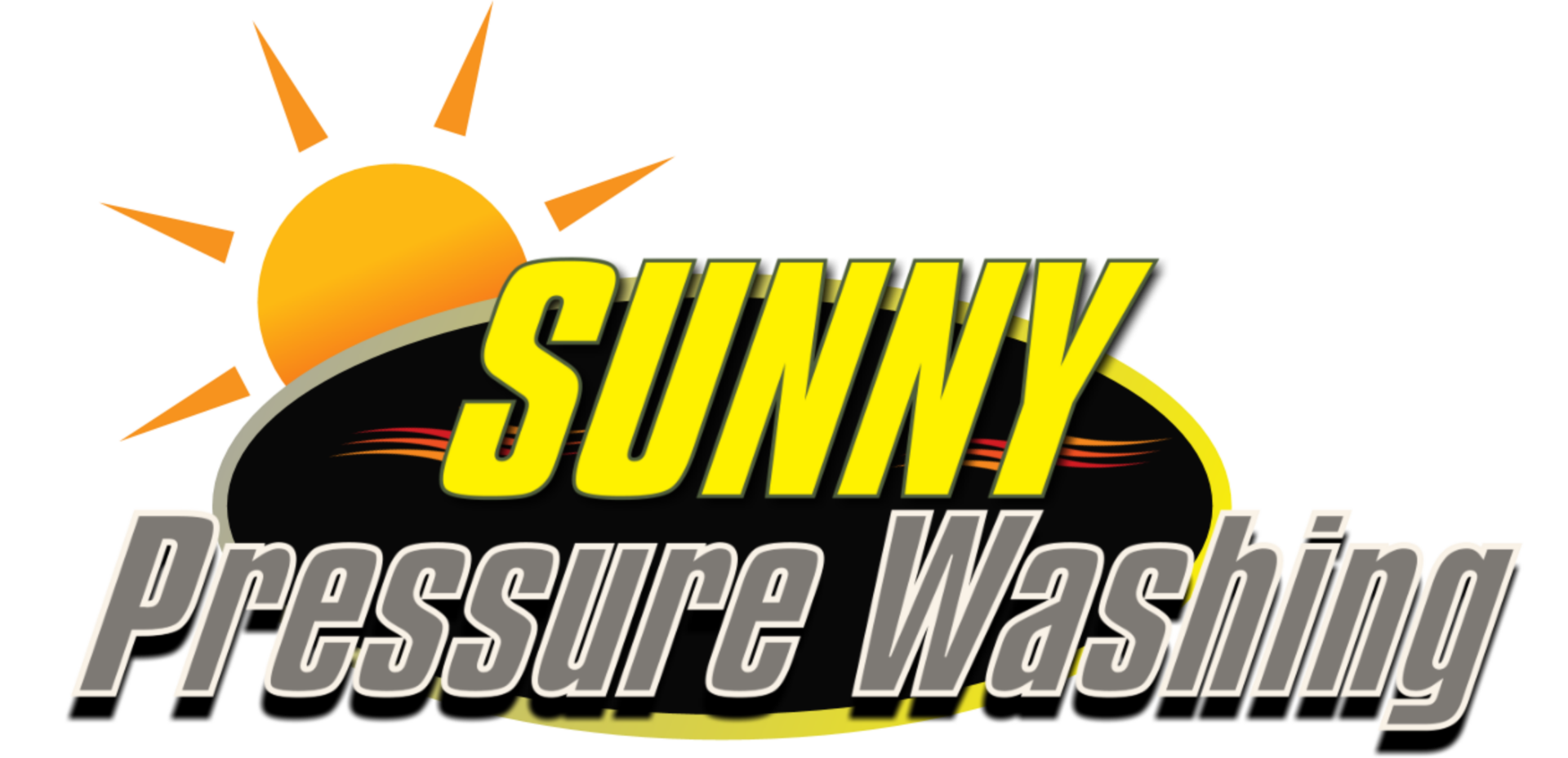Soft Washing vs. Pressure Washing: Choosing the Right Method
As a property owner, you want to keep your home or business looking its best. However, over time, dirt, grime, and other pollutants can accumulate on surfaces, making them appear dull and dingy. Pressure washing and soft washing are two popular methods for cleaning exterior surfaces, but they are not interchangeable. Understanding the differences between these methods can help you make an informed decision about which one is right for your needs.

What is Pressure Washing?
Pressure washing uses a high-pressure stream of water to remove dirt, grime, and other debris from surfaces such as concrete, brick, and stone. The equipment used in pressure washing typically features a powerful motor that pumps water through a hose at pressures ranging from 1,500 to 4,000 pounds per square inch (psi). This high-pressure water can be effective in removing stubborn stains, such as oil or grease, but can also damage some surfaces if not used correctly.
What is Soft Washing?
Soft washing is a more gentle alternative to pressure washing. Instead of relying solely on water pressure, this method involves using a specialized cleaning solution that is applied to the surface being cleaned. The cleaning solution is left on the surface for a specified amount of time, allowing it to penetrate and break down dirt, grime, and other pollutants. Then, the surface is rinsed with a low-pressure stream of water, usually around 500 psi, to remove the cleaning solution and debris.
What Are the Benefits of Soft Washing?
Soft washing offers several advantages over pressure washing, including:
- Less Damage: Soft washing is less likely to cause damage to surfaces than pressure washing. Since the cleaning solution does most of the work, there is no need for high-pressure water that can damage surfaces such as roofs, siding, and delicate landscaping.
- Longer-Lasting Results: Soft washing not only removes surface dirt and grime but also kills mold, mildew, and other organisms that can cause staining and discoloration. As a result, the results of soft washing can last up to six times longer than pressure washing.
- Improved Curb Appeal: Soft washing can improve the appearance of your property by removing unsightly stains and discoloration, making it more inviting and visually appealing.
What Are the Benefits of Pressure Washing?
Pressure washing is a useful method for cleaning surfaces such as:
- Driveways and Walkways: Pressure washing can remove oil, grease, and other stains from concrete and asphalt surfaces.
- Decks and Patios: Pressure washing can remove dirt, grime, and algae from wooden decks and patios, making them safer and more enjoyable to use.
- Siding: Pressure washing can remove dirt, mold, and mildew from vinyl, aluminum, and other types of siding, improving the appearance of your home or business.
Choosing the Right Method for Your Needs
When deciding whether to use pressure washing or soft washing, consider the type of surface you need to clean, the level of dirt and grime buildup, and the potential for damage. For delicate surfaces such as roofs and siding, soft washing is generally the better option. For tougher stains on concrete or other surfaces, pressure washing may be more effective.
Pressure washing and soft washing are both effective methods for cleaning exterior surfaces, but they are not interchangeable. By understanding the differences between these two methods, you can make an informed decision about which one is right for your needs. If you have any questions or would like to schedule services for your home or business, contact Sunny Pressure Washing today.
